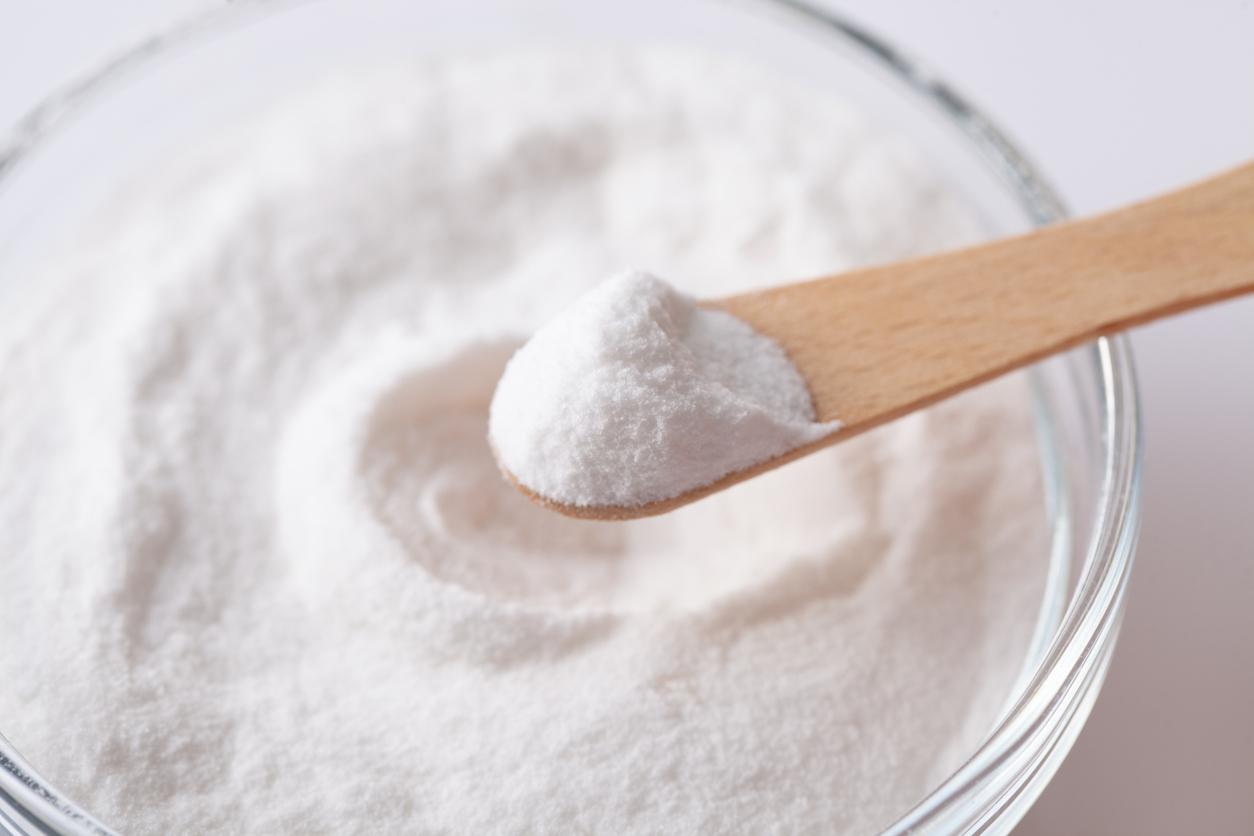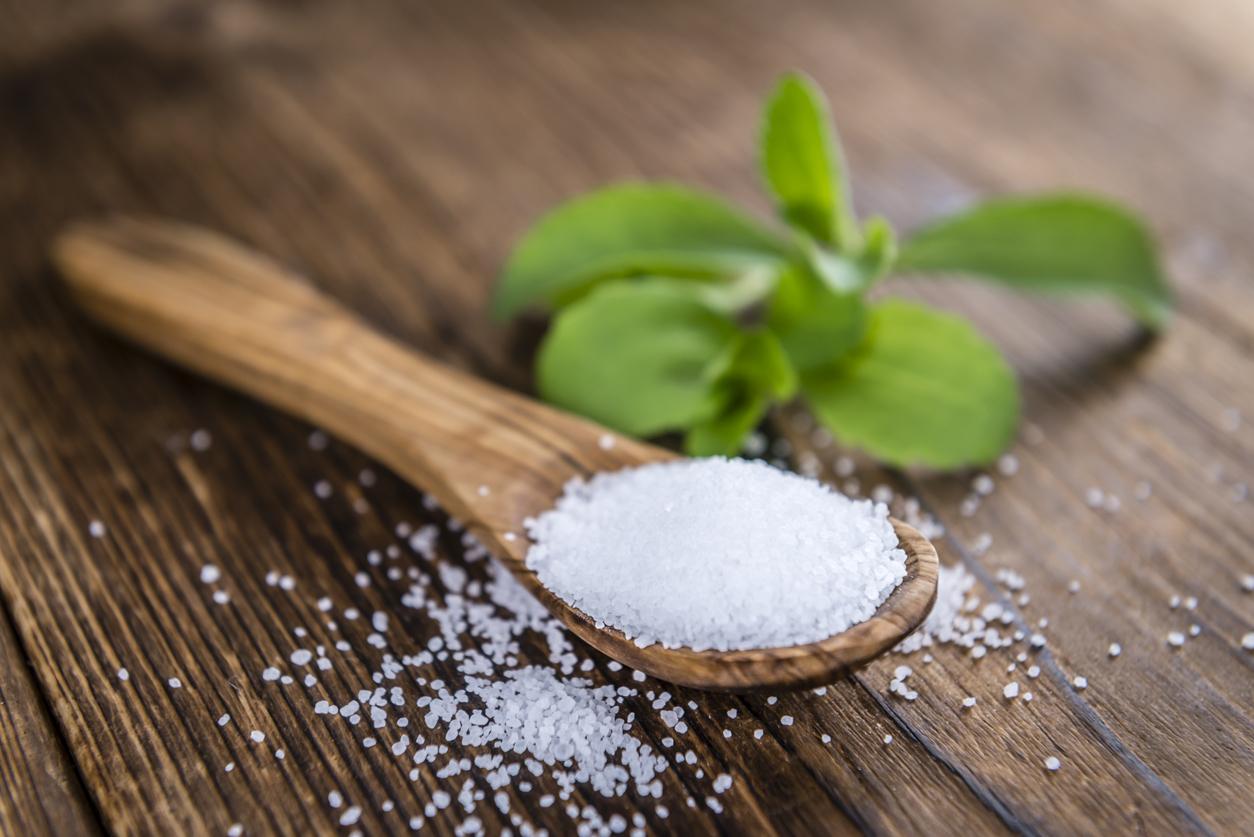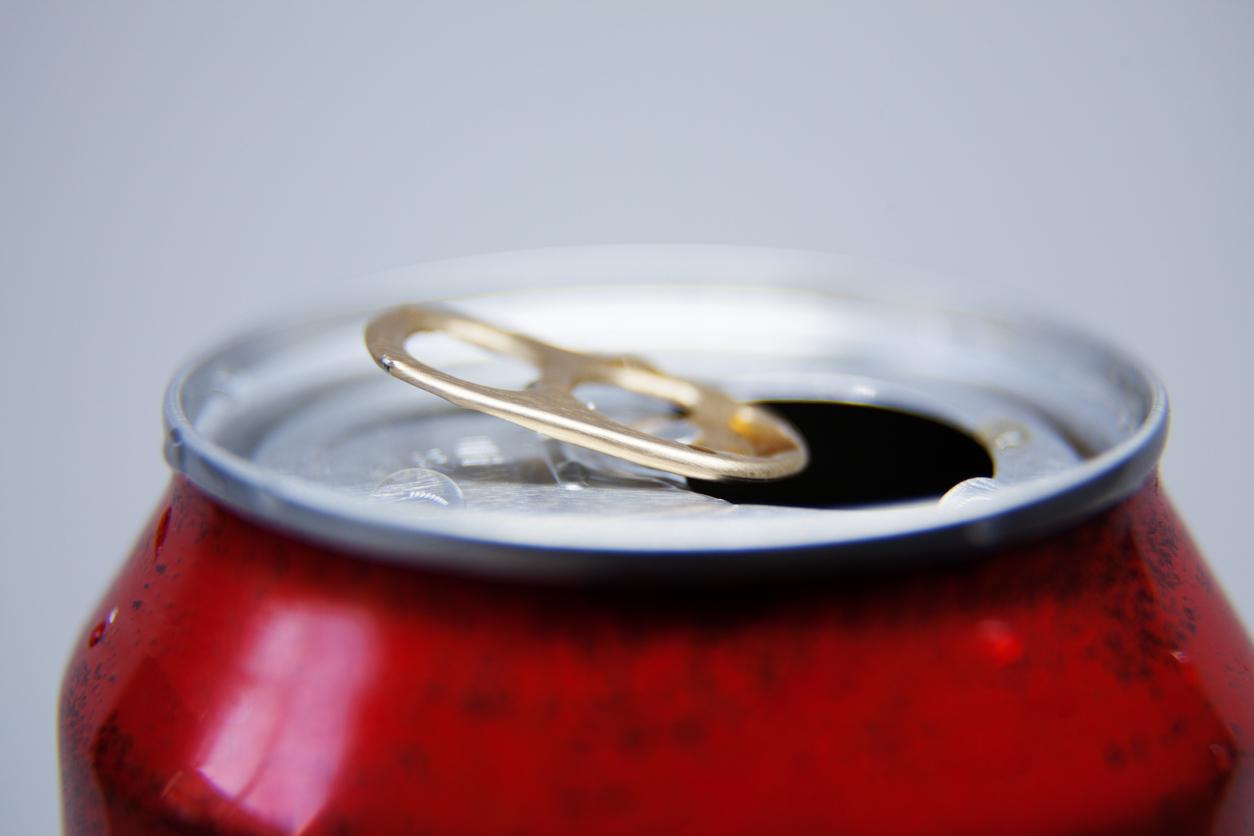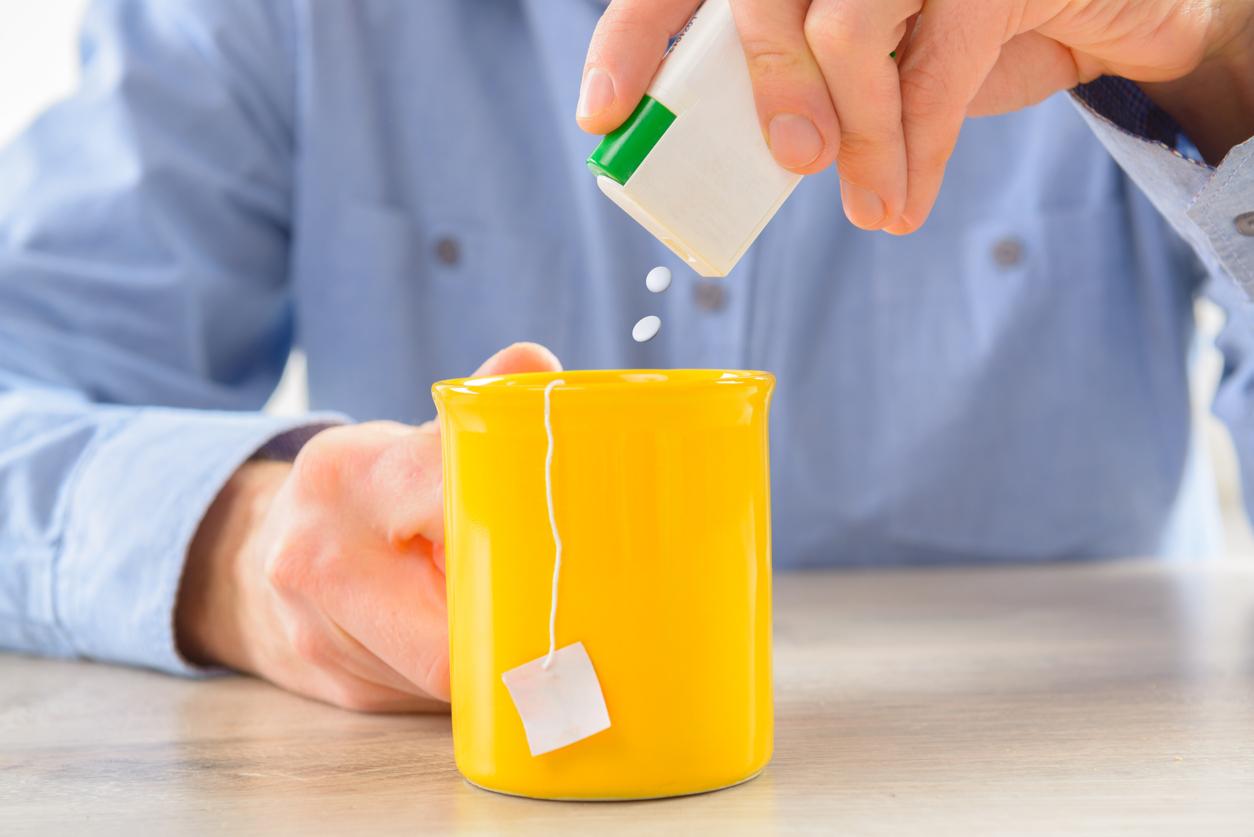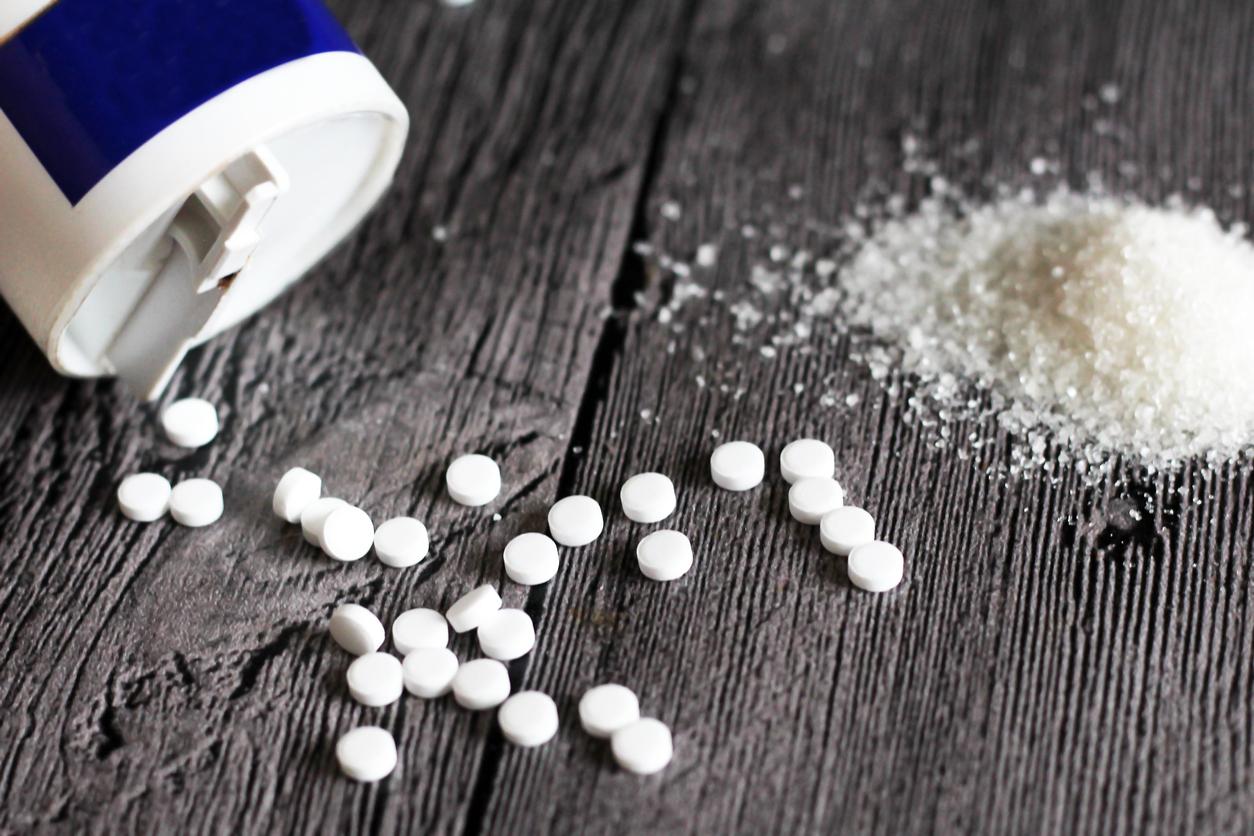
 December 09, 2011 – On November 14, 2011, the European Commission in Brussels authorized the use of stevia as a sweetener in food products.
December 09, 2011 – On November 14, 2011, the European Commission in Brussels authorized the use of stevia as a sweetener in food products.
Of natural origin, it is extracted from a plant in South America, the Stevia Ribaudiana. Its sweetness is surprising – 100 to 300 times greater than refined sugar – although it does not contain any sucrose or calories. Therefore, having no effect on the level of glucose in the blood, it could constitute, for diabetics, a good alternative to sugar.
Already marketed in France as a food additive, as of December 2, 2011, stevia will be found in your yogurts, drinks and sweet products.
The question then arises as to whether stevia will replace the highly controversial aspartame. Criticized by some specialists, its toxicity has never been proven.
Indeed, studies have attempted to demonstrate the carcinogenic potential of aspartame. However, they have not made it possible to compromise it if its consumption remains reasonable and does not exceed 40 mg per kilo per day.
In the meantime, the arrival of stevia on the market delighted the Coca-Cola group, which announced at the start of 2012 the marketing of new stevia-based products.
However, it should be noted that this new sweetener is struggling to appeal to French consumers because of its licorice aftertaste. This is why the food giants claim that they will not replace aspartame, but will instead develop a new line of stevia-based products.
Anaïs Lhôte – PasseportSanté.net








